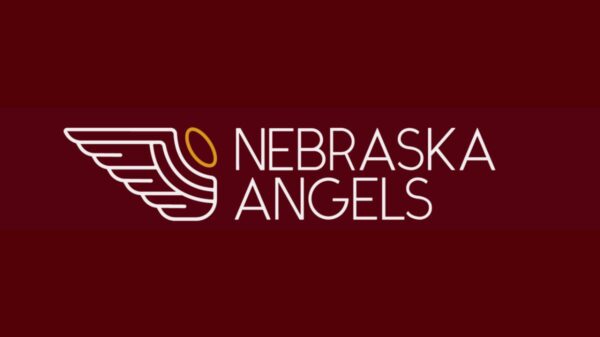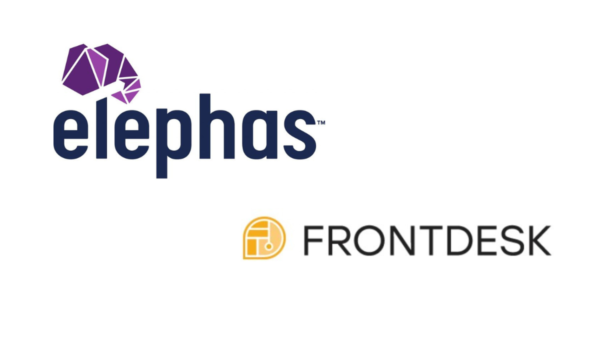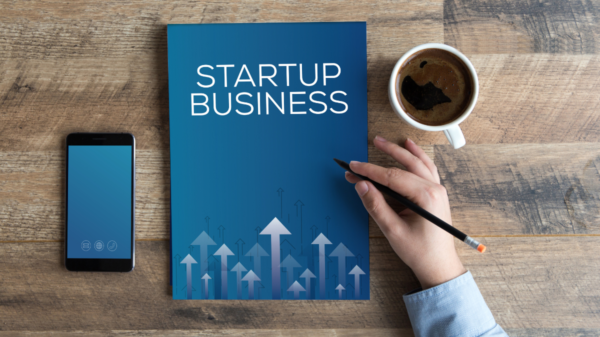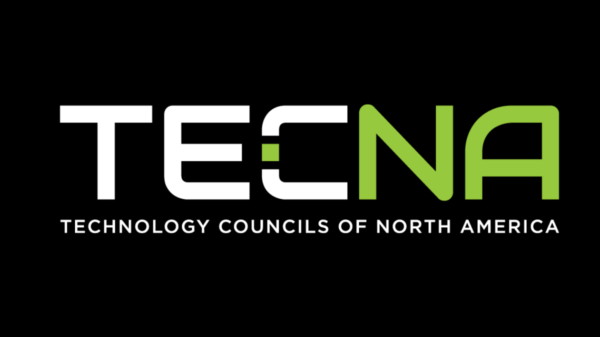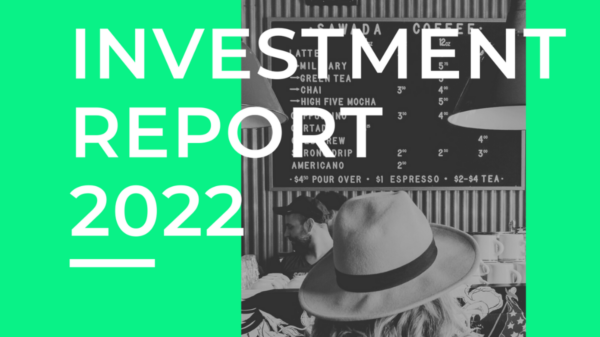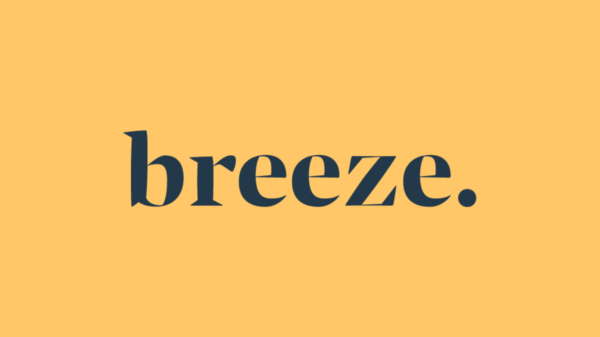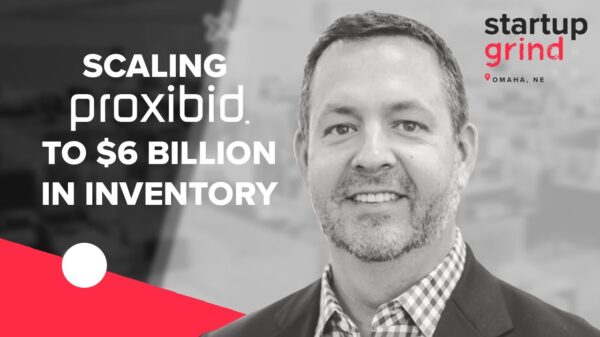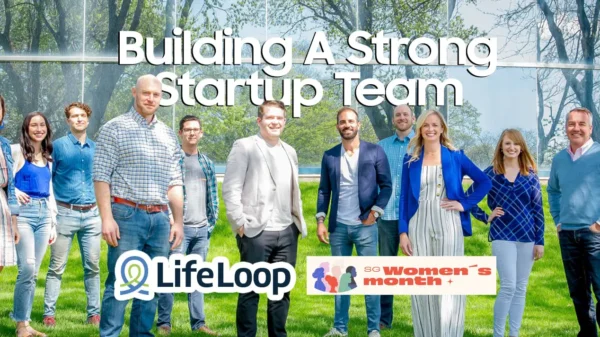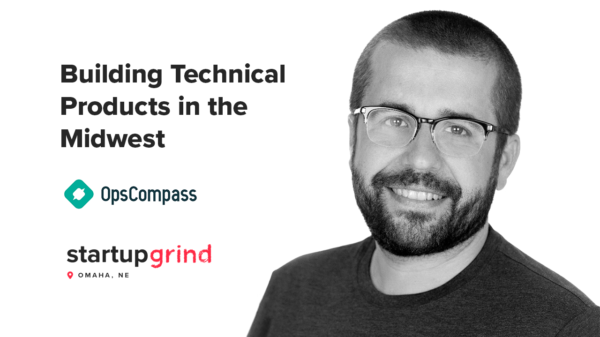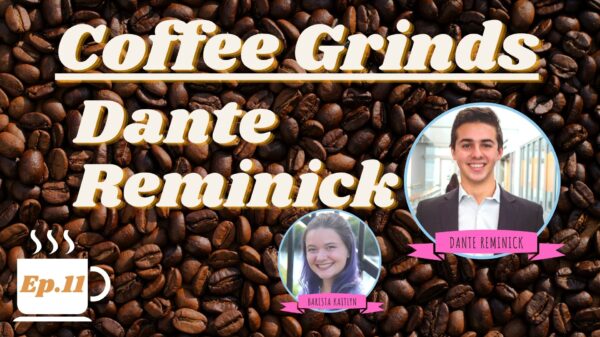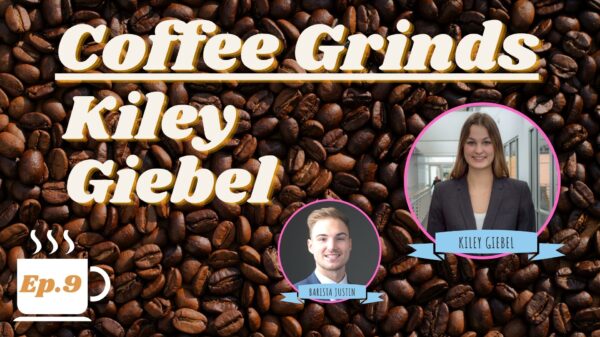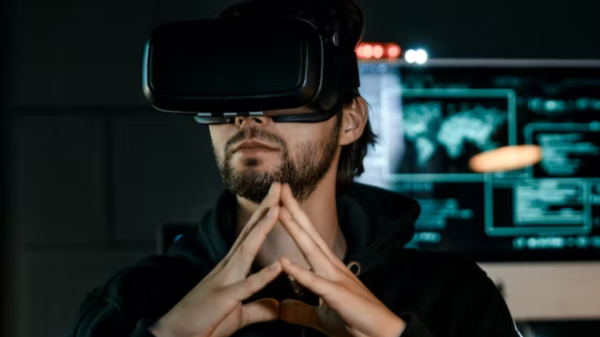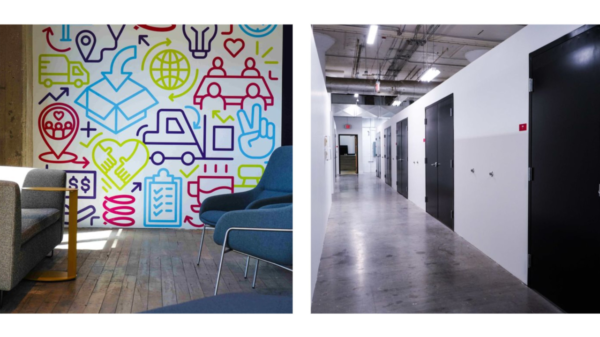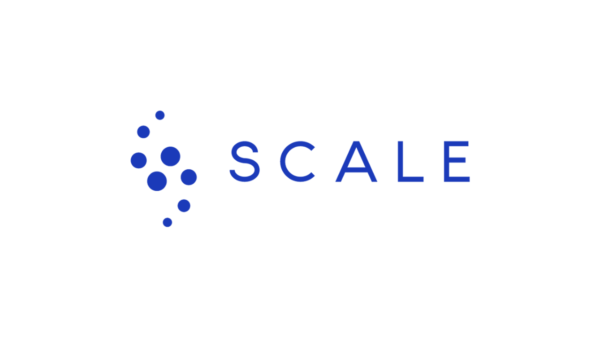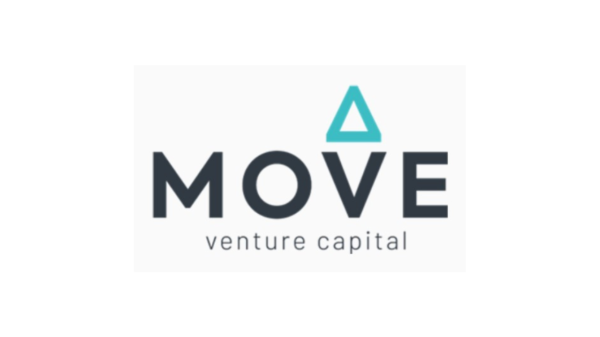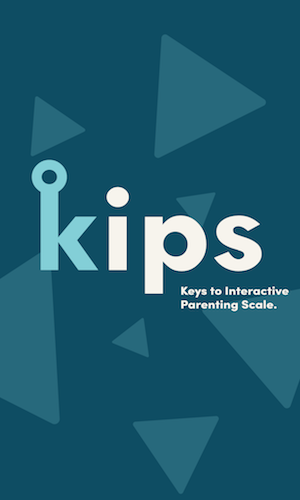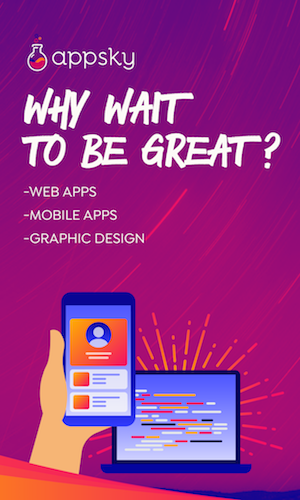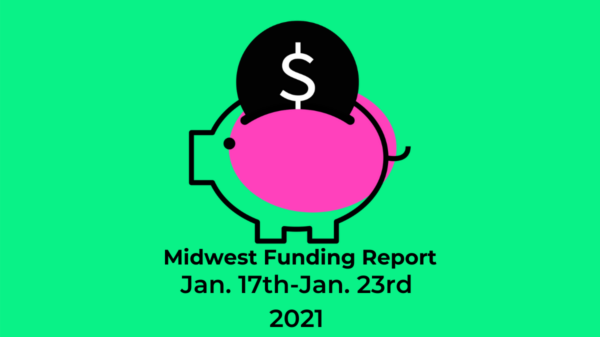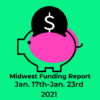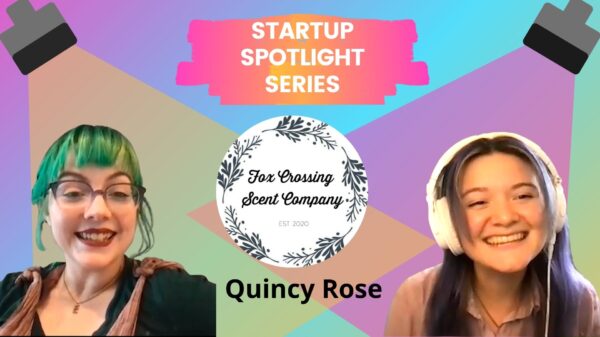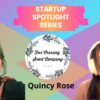As technology continues to be the fastest growing industry sector, there is a huge need to focus on diversifying the talent entering the workforce. According to consulting firm, McKinsey & Company, diversity has been consistently shown to help improve outcomes and has a significant financial impact.
Even with that, problems arise within software development, created algorithms, and other elements of development when diversity is lacking amongst the creators. When Polaroid first created color film photos, Black people were too dark and didn’t show up well in the images. Facial recognition has higher rates of error for people of color, specifically Black women. In 2021, The Law Commission recognized that automated vehicles “struggle to recognize dark-skinned faces in the dark”. Not only that, but “systems may not have been trained to deal with the full variety of wheelchairs and mobility scooters”. Diversity is critical to creating better technology solutions that keep people of all races, ethnicities, and abilities in mind.
The Urban Coders Guild aims to diversify the talent pool in the tech world by creating accessible opportunities for the youth of Tulsa, Oklahoma. Mikeal Vaughn has been intentional about every step in starting the guild from program courses to the location of their classes. By focusing on underserved, underrepresented and otherwise under-resourced communities, the Urban Coders Guild offers opportunities in STEM and computer science education.
“Every community course is different across Tulsa and the nation. There’s a lack of resources. I don’t know of any place that funds resources for education. I think about intentionality around providing these resources to our BIPOC students,” said Vaughn.
After spending 10 years in Tokyo, Japan, Mikeal realized that while he had an amazing job and lifestyle, he did not feel a sense of purpose. It became clear to him that there was a need to go back to his roots in his hometown of Tulsa. When he first moved back, he took a job as a substitute teacher. One of the students asked him, “What do you actually do for money?” He told them that he developed mobile apps and they eagerly asked him to teach them how to do that as well. A sense of purpose sparked as Mikeal realized the need for an organization that helped educate people who looked like him and came from the same communities.
“Locally, here in Tulsa, we have a history of Black entrepreneurship and excellence. As we continue to build Tulsa as a tech hub, we are talking about economic justice. We are talking about the average salary being $33,000, but in tech it is $70,000. Diversity in tech is a question about economic justice. Once we start thinking about women or BIPOC people, that average salary is lower,” said Vaughn.
While salary is an important aspect to creating equity, so is culture. Benefits to being in the tech industry create a space for flexible work lives. A single mom can work at home and be able to access better health insurance and flexible work hours all while raising children.
“We’re talking about relieving the daily stresses of life. I have a set of needs – spiritual, physical, and mental needs. I’m thinking of Black Americans and the health problems we have as a people, such as prolonged and chronic stress. Tech company cultures are different, but they need to be more supportive and folks within these communities need more opportunities to join.” said Vaughn.
Addressing these needs holistically is exactly what the Urban Coders Guild does. Equity is at the very core. Adverse Childhood Experiences (ACE) affect the way that children learn and function in school and society as they grow older. Oklahoma students have some of the highest ACES scores in the country. The Urban Coders Guild takes on this challenge as an organization to work on the social and emotional development of the students who enroll in their programs.
“If 80% of students are on free or reduced lunch, we are feeding them. If they express that transportation is a barrier, we provide transportation resources. We spend 10-15 minutes at the beginning and ending of class making sure students feel comfortable and have a sense of belonging. These are elements that you have to have before you can work towards competency,” said Vaughn.
While coding is a huge part of their programming, the Guild doesn’t stop there. They offer a wide range of learning tracks including education for future IT project managers, business analysts, product designers, product developers, tech sales as well as tech entrepreneurs. Even throughout their course work, education on equity is at the forefront through project based learning. Their first group of students created a prototype for a Black business directory. The second group continued that work.
Last year, 2021, marked the centennial for the Tulsa Race Massacre. Students created a website and mobile app that featured businesses that existed on Black Wall Street. They partnered with a local college where the college students did the research to provide content for the website while the students at the Urban Coders Guild built the website and the app.
One of the Guild’s fundamental visions is to have a “cradle to career” learning journey for people to have multiple paths. Not all of their students are privileged enough to afford a traditional four year college so they intend to develop and encourage participation in vocational programs, entrepreneurship, as well as intern and apprenticeship opportunities.
“In a general sense, most of the companies in America do a bad job of apprenticeship. That’s why we are called a guild because you can start and continue learning and then turn back and teach others. When I think about our corporate culture, I see the need for more internships. I think about the investment that we ask students to take by going to university and then not having experience. Apprenticeships are important because it provides a bridge between university and career. That also means they get paid. A lot of black and brown folks don’t have the privilege to work for free. Having those opportunities is a matter of equity and then that I have a spot to join whatever organization I have been supporting,” said Vaughn.
People of color, especially women, who enter into tech, are leaving not just their company, but the industry as a whole at much higher rates than their peers. According to a study done by “Tech Leavers,” about eight in 10 employees who left tech jobs reported experiencing some form of unfair behavior or treatment while 85% observed it. The number one reason for folks leaving is unfair behavior and treatment. By viewing the statistics, it seems that the majority of the tech companies cater to a single demographic, white men. While tech companies defer accountability by stating that the pipeline isn’t delivering enough qualified candidates, it’s clear that the candidates who are qualified are still facing unfair treatment within the workforce.
Urban Coders Guild is working to address this by not just creating a diverse tech talent pipeline, but going further to cultivate a strong network of social-emotional and professional supports on which these students can rely on as they navigate their learning journeys to though their post-secondary experience – whatever that may be – and into their professional career.
“For me, for any organization that serves our kids or underrepresented kids, it isn’t enough to offer programs. We have to have a warm welcome. We have to instill confidence and comfort. We have to build a community of belonging,” said Vaughn.
To learn more about the Urban Coders Guild, head to their website. The greatest thing to help them is by spreading the word about the intentional work that they do. Direct donations are appreciated and used to support their programming. Many communities share the same experiences of a missed allocation of resources and the Urban Coders Guild is eager to help.

